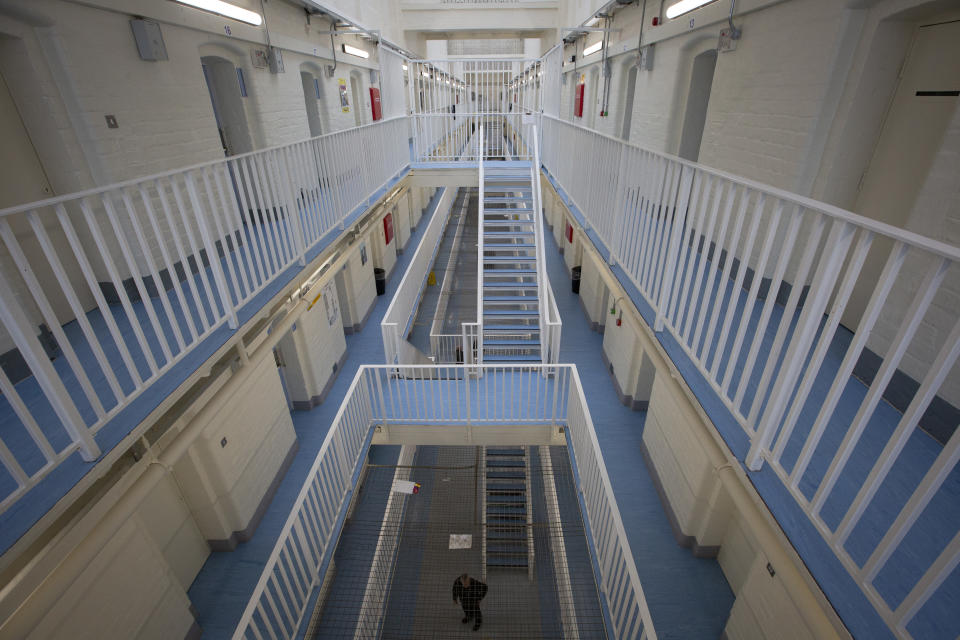Criminals 'handed coronavirus discounts as sentences shortened because of harsh new prison conditions'

Criminals are being handed down “coronavirus discounts” in the form of shorter prison sentences, it has been reported.
According to The Times, offenders are avoiding prison or having their sentences reduced because the spread of COVID-19 has led to a “harsh regime” in prisons.
One Conservative MP who criticised the practice described it as a “COVID bonus for prisoners”.
But prison reform charities welcomed the move, saying the impact of going to prison during the pandemic is much more severe than previously.
It follows a ruling at the Court of Appeal in April that the impact of a custodial sentence is likely to be harsher during the COVID-19 pandemic.
These include longer confinement to cells and restrictions on visitors.
Dame Vera Baird, the victims’ commissioner for England and Wales, told The Times: “There is a real danger that COVID expediency is taking precedence over justice.”
She told the newspaper she feared the move would “inevitably undermine public confidence in justice”.
And Conservative MP Tim Loughton, a member of the home affairs select committee, told The Times it was a “special summer sale” and a “COVID bonus for prisoners” that sent out the wrong message.
But Peter Dawson, director of the Prison Reform Trust charity, told Yahoo News UK: “The idea that prisoners are getting a surprise bonus from COVID-19 doesn’t square with the facts.
“People now go to prison for much longer than they used to for the same crimes.
“Prison conditions have also deteriorated sharply over the last decade and during the pandemic almost all prisoners have spent 23 hours or more in their cell every day — no work, no education, no visits.
“The Court of Appeal’s guidance is a very modest recognition that the actual impact of going to prison at the moment is much more severe than the law assumes.”

And Frances Crook, chief executive of the Howard League for Penal Reform, told Yahoo News UK: "At such a challenging time, it makes sense to reduce the prison population and ease pressure on the system.
"Although the spread of the virus has been largely contained in prisons up to now, thanks to the extraordinary efforts on the ground by people living and working in them, this has come at huge cost.
"Tens of thousands of people, including children, have been forced to spend months in grim conditions – locked up for more than 22 hours a day, either in solitary confinement or overcrowded cells, and denied purpose and the opportunity to make amends.”
Back in March, the government reportedly drew up emergency plans to deal with sick inmates and staff shortages.
Hundreds of prisoners and prison staff contracted COVID-19 in the weeks that followed, the Ministry of Justice said.
Watch: Why are UK COVID-19 deaths low as cases rise?
Coronavirus: what happened today
Click here to sign up to the latest news and information with our daily Catch-up newsletter

 Yahoo Finance
Yahoo Finance 

